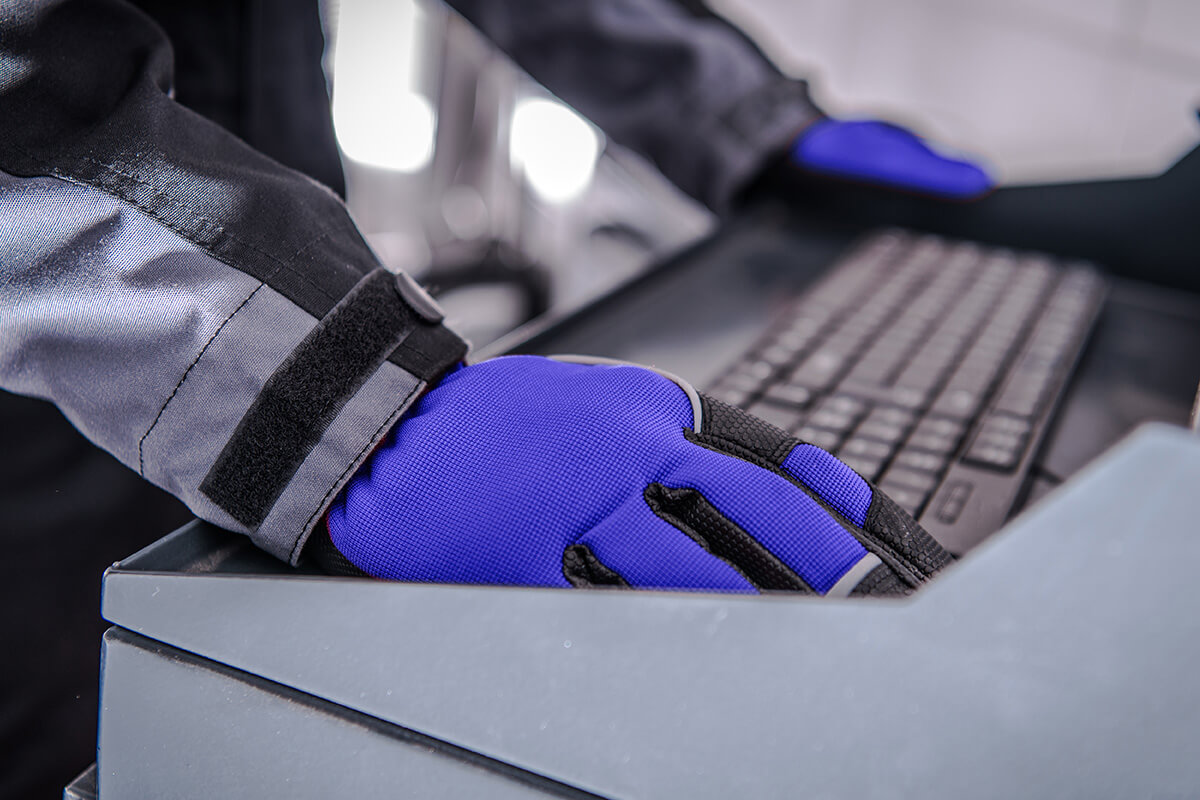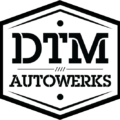NH Inspection & Emissions Testing Center | Milford, NH
NH State Inspection "near me" in Milford, NH
Drive Confident with Trusted NH Vehicle Inspections & Emissions Testing
DTM Autowerks is your NH State inspection & emissions testing center in Milford, NH.

NH State Inspection
NH Car Inspection "near me" in Milford, NH
Experience the DTM Autowerks Difference: Superior NH Vehicle Inspection & Emissions Testing Services
Attention to Detail: At DTM Autowerks, we understand the importance of thorough vehicle inspections and emissions testing. Our certified technicians meticulously assess every aspect of your vehicle, from registration and VIN to steering, brakes, and exhaust systems, ensuring nothing is overlooked. We pride ourselves on delivering exceptional service and helping you maintain a safe and compliant vehicle.
Convenience at Your Fingertips: We know your time is valuable. That’s why we offer easy scheduling options to fit your busy lifestyle. Simply book your appointment online or give us a call, and we’ll take care of the rest. Our efficient inspection process and electronic DMV reporting save you time and hassle, so you can get back on the road with confidence.
Competitive Pricing: Don’t break the bank for reliable vehicle inspection and emissions testing services. At DTM Autowerks, we offer competitive pricing, ensuring you receive top-quality services without emptying your wallet. Keep an eye out for our special deals and discounts, and don’t forget to ask about our military and first responder discounts!
Expert Knowledge & Professionalism: Our certified technicians stay up-to-date on the latest industry standards and New Hampshire state regulations. You can trust that we have the expertise and experience necessary to handle any vehicle type and deliver accurate inspection results. With DTM Autowerks, you can rest easy knowing your vehicle is in capable hands.
Customer Satisfaction Guaranteed: At DTM Autowerks, we believe in putting our customers first. Our friendly and knowledgeable staff is always available to answer your questions and address your concerns. We strive to make your vehicle inspection and emissions testing experience as seamless and stress-free as possible, earning your trust and loyalty for years to come.
Choose DTM Autowerks for your New Hampshire vehicle inspection and emissions testing needs. Book your appointment today and experience the difference of a trusted, local automotive service provider committed to your satisfaction. Drive confidently with DTM Autowerks by your side!
Spread the Word: Share This Page with Your Friends and Followers!
Understanding the Inspection Procedure
Both safety and emissions inspection data are recorded in a computer system and electronically transmitted to the DMV. Vehicles that pass the safety and emissions tests will receive an inspection sticker, valid for the same duration as the vehicle’s registration. After each inspection, the mechanic must provide the motorist with a copy of the official Vehicle Inspection Report (VIR).
Outlined below are the components covered in the comprehensive inspection process:
- Registration documents, plates, certificate, and vehicle identification number (VIN).
- Steering components, front end, and suspension system.
- Braking mechanisms, inclusive of parking brakes.
- Odometer and speed measuring device.
- Electrical system, including horn and defrost capabilities.
- Lighting and reflectors, with emphasis on headlight alignment.
- Window glass, glazing materials, and mirrors.
- Windshield wipers.
- Exhaust components.
- On-board diagnostic system.
- Vehicle body, chassis, and bumper height measurements.
- Fuel system components.
- Tire and wheel assessment.
Understanding Emissions and On-Board Diagnostics (OBD) Testing
As mandated by RSA 266:59-b IV, vehicles younger than 20 years must undergo On-Board Diagnostics (OBD) testing as a part of the inspection process, in addition to the physical safety inspection required for all vehicles. OBD is a computerized system integrated into all light-duty passenger vehicles manufactured in 1996 or later, designed to monitor the performance of major engine components, including emission control systems. This system helps motorists identify potential defects that could contribute to increased pollution, while also assisting mechanics in accurately diagnosing issues and making effective repairs.
OBD Testing Requirements
Light-duty gasoline-fueled passenger vehicles (8500 GVWR and below) from 1996 or newer and light-duty diesel passenger vehicles (8500 GVWR and below) from 1997 or newer must undergo OBD testing during the inspection process.
Vehicles subject to OBD testing must pass the test, and any “Rejected” vehicles will require necessary repairs. Only one 60-day repair period is permitted per inspection cycle for OBD rejections. It is advisable to address OBD rejections promptly to allow sufficient time for repairs.
Check Engine Light
The Check Engine Light, also known as the Malfunction Indicator Light (MIL), serves as a warning for vehicle owners that a problem has been detected within the emission control system. If the light remains on, the OBD system has identified an issue, which could range from a minor problem like a loose gas cap to a significant emission component failure. If the light is on during testing, the vehicle will be rejected.
Achieving a Successful OBD Inspection
Regular vehicle maintenance is crucial for ensuring proper vehicle performance and inspection readiness. Many emission control components can be examined and repaired during routine servicing. Following the manufacturer’s recommended maintenance schedule can help your vehicle run optimally and improve fuel efficiency.
Handling OBD Rejections
A rejection signifies the presence of a problem that could affect your vehicle’s efficiency and performance. Rejected vehicles must be repaired and pass the inspection to receive an inspection sticker. A single 60-day repair period is granted for the completion of diagnostics, repairs, and retesting to verify the effectiveness of the repairs.
If your vehicle passes the safety inspection but fails the OBD inspection and you are unable to afford the necessary emission repairs, you may qualify for an Economic Hardship Waiver, allowing additional time to save money for the repairs. To request an application, call the DMV OBD Program at (603) 227-4120.
Common Causes of OBD Rejections
Your mechanic will provide further information and discuss the reasons for your vehicle’s rejection, which can include:
- Not Ready: The system in your vehicle is not prepared for testing, possibly due to recent repairs or a recent battery disconnection. Generally, a week of normal driving should ready your system. If it takes longer, consider having your vehicle inspected, as there might be another issue.
- Non-Communication: Your vehicle is unable to communicate with the testing system. Ensure the Data Link Connector (DLC) is accessible and undamaged.
- Check Engine Light is On: This is the most common failure. The Vehicle Inspection Report will list Diagnostic Trouble Codes (DTCs) related to the specific problem to aid a qualified

